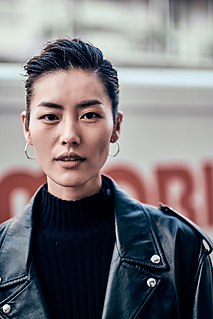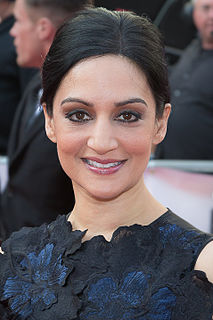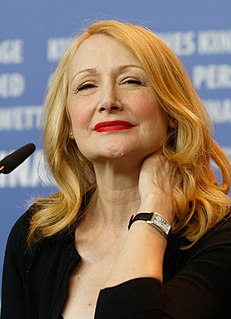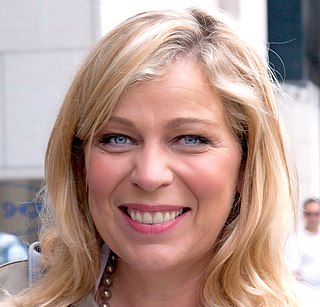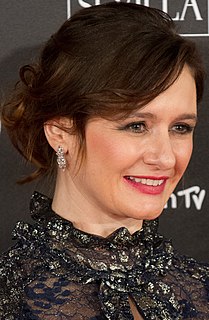A Quote by Lee Isaac Chung
What I noticed is that the lens from which people want to look at 'Minari' is just from that Asian-American angle. And I think that can end up being very frustrating. Because the craft of the film, and this film itself, is meant to embody a lot of different things.
Related Quotes
I always feel like people misunderstand the difference between an Asian story and an Asian-American story. That's completely different, too. I have friends who grew up in Asia, and our experiences are so different. Even though we might look the same, I feel like being Asian and then being Asian-American is completely different.
Our film [Hide and seek ]was created as part of the Asian American Film Lab's 11th 72 Hour Film Shootout filmmaking competition, where filmmaking teams have just 72 hours to conceive, write, shoot, edit and submit a film based on a common theme. The winners were announced during the 38th Asian American International Film Festival in New York last July. The theme for 2015 was 'Two Faces' and was part of a larger more general theme of 'Beauty'.
You know, in an ideal world, people would just be intrigued and go and see a film without knowing anything about it, because that's where you're going to have the most experience of a film, the biggest, the most revelation of a film. But at the same time, I think there are benefits of having seen a trailer where you actually look forward to seeing moments in a film knowing that they're coming up. I don't know which is better.
I wish people wouldn't just see me as the Asian girl who beats everyone up, or the Asian girl with no emotion. People see Julia Roberts or Sandra Bullock in a romantic comedy, but not me. You add raceto it, and it became, 'Well, she's too Asian', or, ‘She's too American’. I kind of got pushed out of both categories. It's a very strange place to be. You're not Asian enough and then you're not American enough, so it gets really frustrating.
At the core, I am an actress. And I think, in a way, that's a good thing in that I am, I think, empathetic and sympathetic to the film. I would never pretend to have the discerning and acute critical eye that a lot of the great critics in our business do have. I don't look at it as being a critic or placing a judgment on a film, and I do think, how do you decide which film is best anyway? It's always a little bit of a mixed bag. But, I think it is just a collective group of people coming together to honor the work of an artist - that's how I think of it.
We just worked hard to not just get things right and authentic, but also to make it consistent and visually right. For instance, there are colours that aren't in the film that would have been there in reality. I think part of the look of the film not only has to do with the way it's shot and lit, but also the lack of certain colours that give it a softness which really suits it because there's more focus on the characters. For instance, there's no yellow at all until we get to Miss Stubbs' flat at the very end.
In my opinion, having worked in the games industry and still keeping in touch with a lot of those guys, there was definitely a time when they saw themselves as the little brother of the film industry. But they kind of went off in a different direction and now see themselves, I think, as being far more interesting and ahead of the film industry. They haven't just caught up. They've gone off in a different direction and exceeded the film industry.
I'm ready for all forms of dialogue about the film The Conquest. There will be a lot of political talk, but I don't think the film itself will be scandalous. For the French, there are so many emotions relating to Sarkozy and politicians in general that I think the film will generate a lot of passion, whether it be negative or positive. Above all, it's a fictional film. It was important not to make a documentary and to really pay attention to the images. From the choice of the actors to the mise en scene, the film is completely cinematographic. It's not just a boring political movie.
You do the one film that you think is terrible, but it's a big studio film and you hope you'll get another job because of it, because blah blah blah, whatever it is. You know that you hate it, you just couldn't care less if it got made because it's not something in a million years you'd go and see yourself. And it ends up being shite and you just knew it was shite to begin with, and it doesn't do you any favors at all if someone thought you were in another shite film. So I decided it doesn't get me anywhere being cynical. It's not that I want to be.
For me, you go to university to meet lots of different people from different backgrounds. I think that's one of the most important things you get there. And you also get some sense of direction regarding what you want to do when you leave. I sort of know what I want to do in my life - I want to act and ultimately I'd like to write. And in terms of meeting people from different backgrounds, that's what you get on a film set. So the two most valuable things that university would have given me I've sort of achieved by being on a film set.


